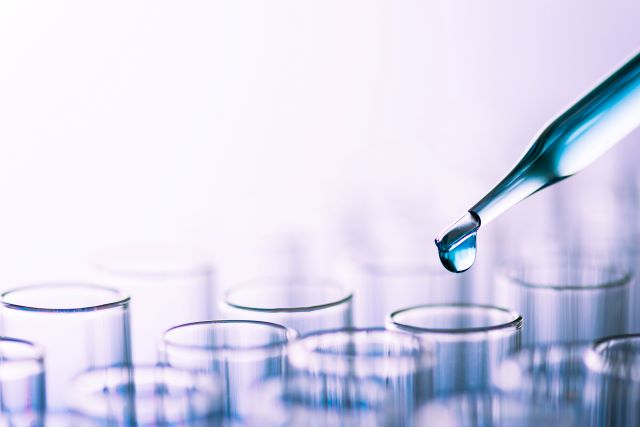By Jason Armstrong
The clinical laboratory is an enigma to the uninitiated. While most are aware that many medical decisions are made based on results of laboratory tests,1 many are unaware of the intricate processes involved. Laboratory quality control (QC) is just one of the essential elements of laboratory medicine.
LEARNING OBJECTIVES
Upon completion of this article, the reader will be able to:
- Discuss the differences between internal and external QC.
- Define the types of controls and their uses in a QC program.
- Discuss the implications of ensuring clinical relevance of QC material.
- Describe the consequences of poor-quality QC material.

Randox Laboratories Ltd. After achieving his degree in
Biochemistry and beginning his career in an R&D
laboratory, he made the switch to pursue his passion in
scientific communications.





